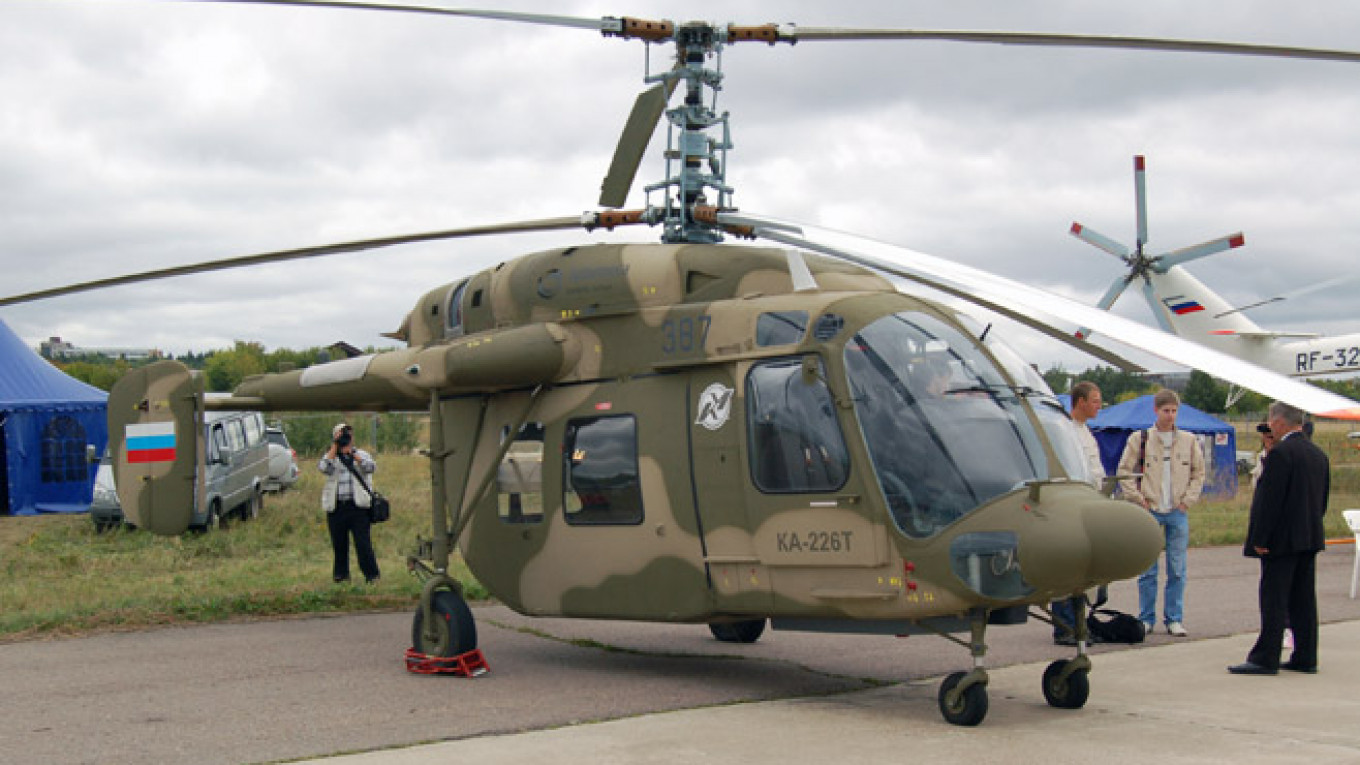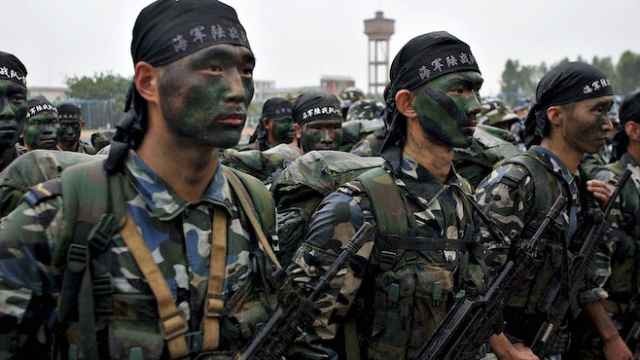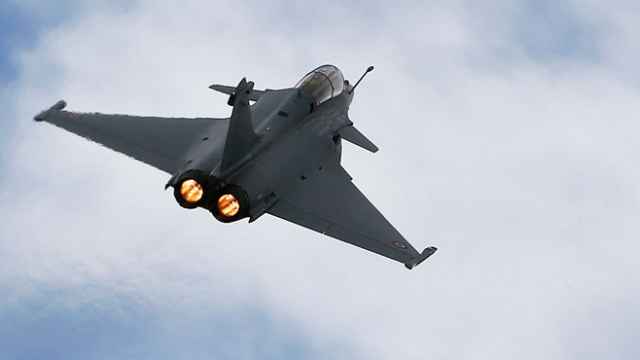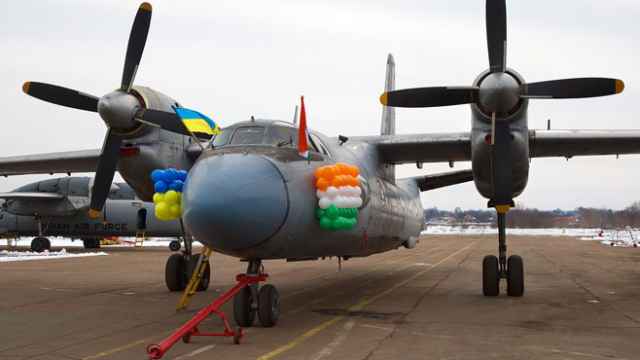After years of delays and false starts, the Indian Defense Ministry has finally approved a major $471 million deal with Russian Helicopters to establish localized production of the Kamov Ka-226T light helicopter.
The deal, approved by the Indian Defense Ministry in a late-night session on Wednesday, focused on settling a wide range of standing contract proposals, newspaper The Times of India reported.
The move came on the same day as a phone call between President Vladimir Putin and Prime Minister Narendra Modi concerning, among other things, "several large joint trade and economic projects," according to a brief statement published Wednesday evening on the Kremlin website.
Russian Helicopters
Russian Helicopters is one of the world's largest defense firms. According to data published by international defense analysts IHS in March, the company was among the world's top 10 defense export firms in 2014, and was the world's single largest supplier of helicopters.
According to IHS, helicopters made up $2.2 billion of Russia's $10 billion in defense exports last year.
The state-owned Russian Helicopters' holdings include the Kamov and Mil helicopter design bureaus, as well as famous helicopter production plants such as the Kazan Helicopter Plant and Ulan-Ude Aviation Plant.
The Kamov Ka-226T
The Kamov Ka-226T is a lightweight two-engined utility helicopter that is adept at operating in extreme temperatures and, due to its two propellers, at high altitudes. This makes it ideal for the Indian military, which has a presence in the Himalayas.
Entered Service: 2002
Cost: $2 million
Range: 450 kilometers
Payload capacity: Up to 1 ton
"I think this is due to Putin," said Ruslan Pukhov, director of the Center for the Analysis of Strategies and Technologies, a Moscow-based defense think thank.
India first opened a $1 billion tender for 400 light helicopters to be produced locally in 2007, and has closed and reopened it several times since — most recently in August, as Russian Helicopter's Kamov battled against French aerospace giant Airbus's AS550 helicopter.
But Putin has shown concerted interest in seeing the deal through.
Though the deal was formally off, Putin told India's Modi during a visit to New Delhi in December that Russia was interested in establishing production lines of Russian helicopters, news agency Reuters reported at the time.
Despite being the largest exporter of helicopters in the world, Russia's strengths in the market have been with medium, heavy and super-heavy helicopter designs. The light and ultralight markets have always been dominated by Western firms such as Airbus.
India's decision to green-light the Kamov proposal as part of a massive sweep of defense procurement approvals Wednesday speaks to the profound influence politics have in the global defense industry, Pukhov argued.
This may explain why, instead of going with market leaders to replace its 40-year old Aerospatiale
Cheetah and Chetak helicopters, "India has decided to take a risk and buy Russian," Pukhov said.
The risk involved in such a deal has less to do with the strengths and weaknesses of the Ka-226T, and more to do with the fact that despite having been on the market since the early 2000s, it has never entered into mass production.
But according to Ben Moores, a senior analyst at international defense industry consultancy IHS, the Ka-226 is a good deal for both parties.
"The aircraft is good in hot and high locations," Moores said. Russia is also giving India "full rights for domestic licensed production and for future market share, which is key to India's defense industrial strategy," he added.
Modi has been pursuing defense contracts that not only provide India's military with quality foreign hardware, but industrial know-how. One prominent example of Modi's defense industrial strategy was Wednesday's decision to approve a deal between Airbus and India's Tata Advanced Systems to establish local production of the C-295 military transport aircraft.
The sale is also a good deal for Kamov because it is "a good way to recoup some of the developmental capital spent on the aircraft," Moores said. Without the sale, Kamov would likely have been forced to shut down production of the Ka-226T all together, Moores added.
Contact the author at m.bodner@imedia.ru
A Message from The Moscow Times:
Dear readers,
We are facing unprecedented challenges. Russia's Prosecutor General's Office has designated The Moscow Times as an "undesirable" organization, criminalizing our work and putting our staff at risk of prosecution. This follows our earlier unjust labeling as a "foreign agent."
These actions are direct attempts to silence independent journalism in Russia. The authorities claim our work "discredits the decisions of the Russian leadership." We see things differently: we strive to provide accurate, unbiased reporting on Russia.
We, the journalists of The Moscow Times, refuse to be silenced. But to continue our work, we need your help.
Your support, no matter how small, makes a world of difference. If you can, please support us monthly starting from just $2. It's quick to set up, and every contribution makes a significant impact.
By supporting The Moscow Times, you're defending open, independent journalism in the face of repression. Thank you for standing with us.
Remind me later.






